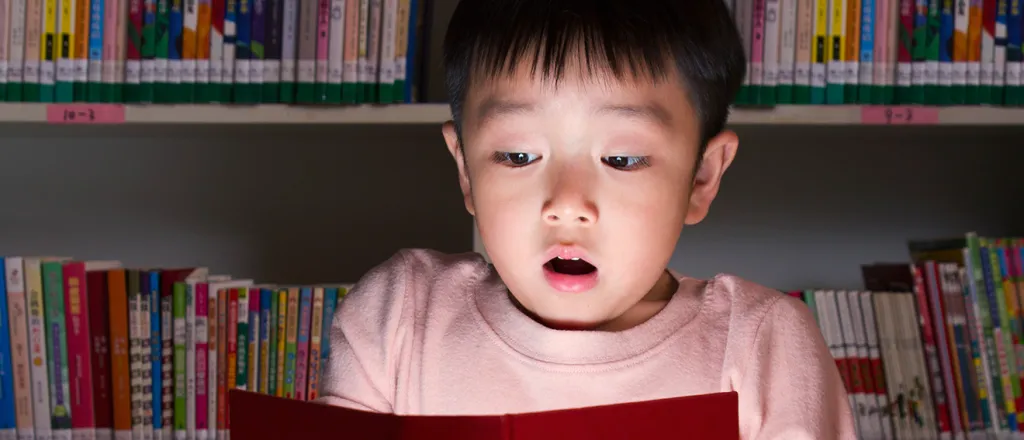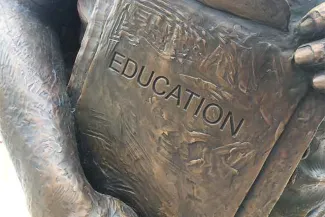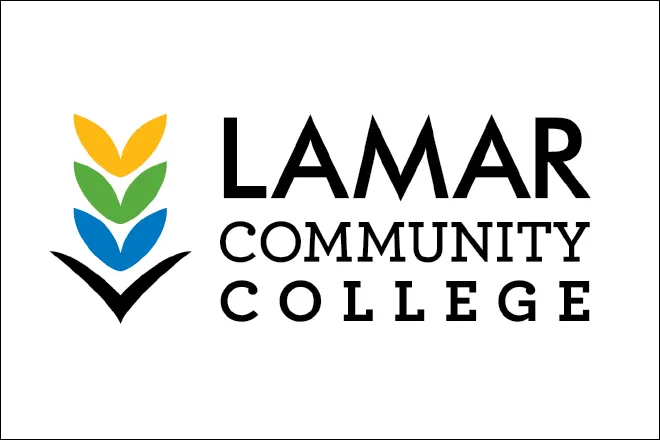
Literacy rate among Nevada students improves but still lags
Click play to listen to this article.
Nevada education experts say literacy rates are improving, but aren't where they should be.
Nevada's third- through eighth-grade students have improved their English Language Arts proficiency rate to above 41 percent.
Julie Bowers is the director of the Nevada's Department of Education's Office of Inclusive Education.
She said children who lack literacy proficiency are more likely to struggle academically, increasing the chances of dropping out of school and decreasing their likelihood of finding a job down the line.

© flickrcc - Alan Levine
The department says it is committed to supporting districts in the early identification of students, so that "interventions" can start sooner rather than later - including for those with disabilities.
"We have unique ways of meeting their literacy," said Bowers. "We have different interventions that we can use for kids with more needs for assisted technology or accommodations within the classroom. But we also have that tiered instruction level."
Bowers said Nevada has a "tiered approach." She said the "multi-tiered system of supports" integrates data and instruction to maximize student achievement and development.
Bowers added that as students are identified as having certain needs, they're given the assistance they need to grow.
Mandy Leytham is also with the state's Department of Education - as an education programs professional with the Read By Grade 3 team.
She said their data indicates reading achievement is rising across all grade levels, including students with Individualized Education Programs.
"Our graduation rates just came out, and we are seeing an increase in graduation rates - including those with students who have IEPs," said Leytham. "So are we where necessarily we want to be at this moment in time, not necessarily, but we are headed towards that direction."
Leytham said parents concerned about their child's progress should have open and honest conversations with their child's teacher, to ensure they reach the best learning outcomes.
"We do have a Read by Grade 3 law, and parents should be not only notified, but they are involved in that planning and decision making on behalf of their students," said Leytham. "So the schools should be involving the parents. Schools just can't do it alone."
















